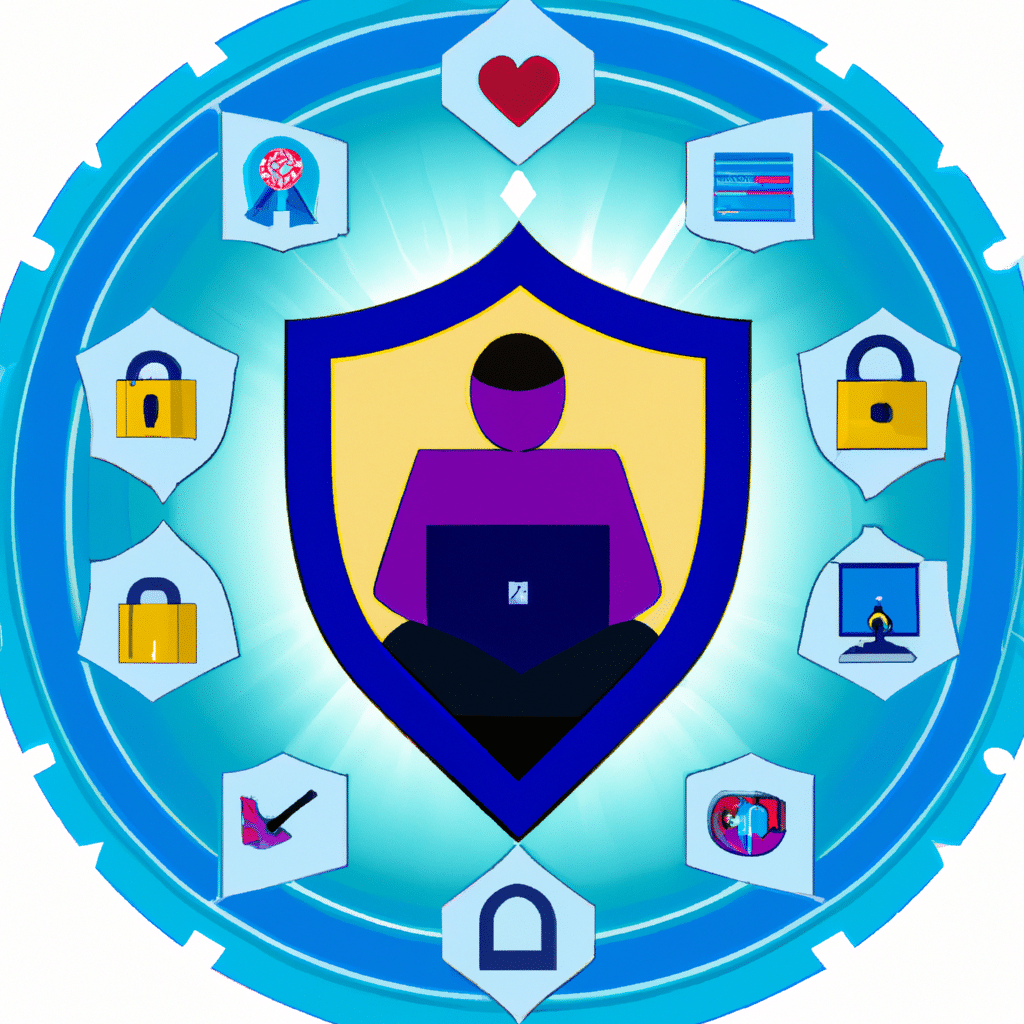How to Secure Your Online Data and Privacy
In today’s world, where everything is connected to the internet, it’s essential to protect your online data and privacy. With the rise of cybercrime, online privacy has become a significant concern for individuals and businesses. In this article, we will discuss how you can secure your online data and privacy to protect yourself from cyber threats.

Understanding the Risks
Before we dive into the ways to protect your online data and privacy, it’s crucial to understand the risks involved. Cybercriminals can steal your personal information, such as your name, address, social security number, and credit card details. They can use this information to commit identity theft, financial fraud, and other crimes.
Moreover, cybercriminals can infect your device with malware, such as viruses, worms, and spyware. Malware can give hackers access to your device and data, allowing them to steal or delete your files, monitor your online activity, and use your device to launch attacks on other systems.
Tips to Secure Your Online Data and Privacy
-
Use Strong Passwords: Passwords are the first line of defense against hackers. Therefore, it’s essential to use strong passwords that are difficult to guess. Your password should be at least eight characters long and include a combination of uppercase and lowercase letters, numbers, and symbols.
-
Enable Two-Factor Authentication: Two-factor authentication (2FA) adds an extra layer of security to your accounts. It requires you to provide a second form of identification, such as a fingerprint or a one-time code sent to your phone, in addition to your password.
-
Keep Your Software Up to Date: Software updates often contain security patches that fix vulnerabilities that hackers can exploit. Therefore, it’s crucial to keep your operating system, web browser, and other software up to date.
-
Use Antivirus Software: Antivirus software can detect and remove malware from your device. Therefore, it’s essential to install reputable antivirus software and keep it up to date.
-
Limit Your Social Media Exposure: Social media platforms collect a lot of personal information about you, such as your name, location, and interests. Therefore, it’s crucial to limit the amount of personal information you share on social media.
-
Use a Virtual Private Network (VPN): A VPN encrypts your internet traffic and hides your IP address, making it difficult for hackers to track your online activity. Therefore, it’s essential to use a reputable VPN service, especially when using public Wi-Fi networks.
-
Be Careful What You Click: Cybercriminals often use phishing emails and fake websites to trick people into giving away their personal information. Therefore, it’s essential to be careful what you click and avoid opening suspicious emails or downloading attachments from unknown sources.
Conclusion
In conclusion, protecting your online data and privacy is crucial in today’s world. By following the tips outlined in this article, you can secure your online accounts and devices against cyber threats. Remember to use strong passwords, enable two-factor authentication, keep your software up to date, use antivirus software, limit your social media exposure, use a VPN, and be careful what you click. Stay safe online!












